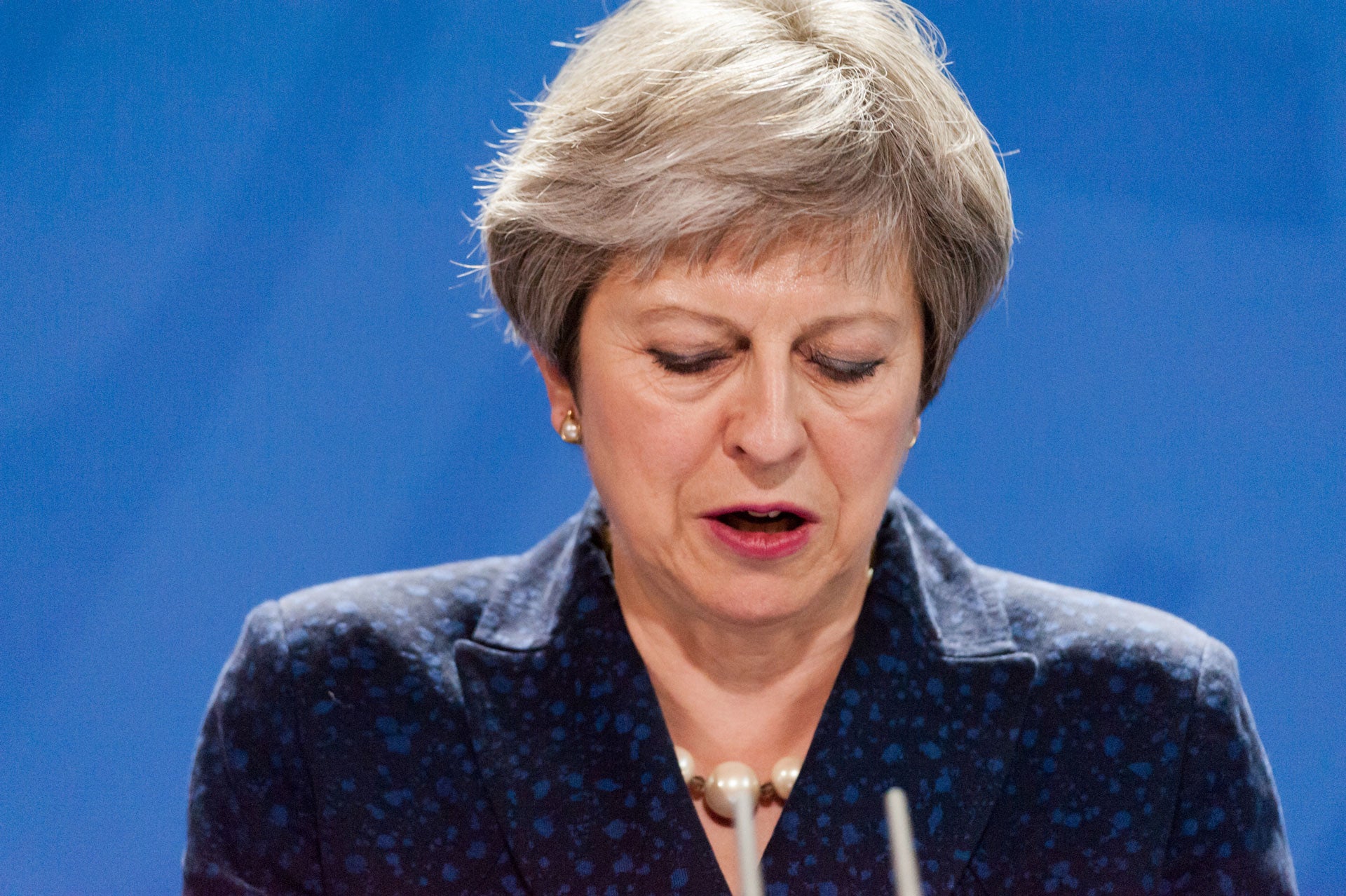
The news of Theresa May delaying a Brexit vote has renewed the suggestion of a no-confidence vote in the Prime Minister.
In mid-November a no-confidence vote appeared imminent following the announcement of the proposed Brexit withdrawal agreement, with multiple Conservatives submitting letters of no-confidence in Theresa May to Graham Brady, chair of the 1922 Committee.
However, despite comments of support for the movement from several high-profile Conservatives, including Jacob Rees Mogg, the 48 required letters to trigger a no-confidence deal failed to appear.
Now that it appears Theresa May is delaying the Brexit vote, the prospect of the no-confidence vote has once again appeared.
“I fear that may the case,” said Philip Lee, Conservative MP for Bracknell when asked if more Conservatives could be submitting letters of no-confidence by the BBC. “I hope that members of the parliamentary party would see that a change of leader would be deeply irresponsible.”
How a no-confidence vote via the 1922 Committee works
The 1922 Committee is a long-running group within the Conservative party that has evolved from a private dining club. Meeting at 5pm every Wednesday afternoon, they have historically been key in organising dissent within the party.
How well do you really know your competitors?
Access the most comprehensive Company Profiles on the market, powered by GlobalData. Save hours of research. Gain competitive edge.

Thank you!
Your download email will arrive shortly
Not ready to buy yet? Download a free sample
We are confident about the unique quality of our Company Profiles. However, we want you to make the most beneficial decision for your business, so we offer a free sample that you can download by submitting the below form
By GlobalDataThe group takes its name from a meeting on 19 October 1922 between Stanley Baldwin and Bonar Law, where they successfully planned the withdrawal of the Conservatives from their coalition with the Liberals.
The 1922 Committee has the ability to trigger a no confidence vote if it receives letters from 15% of conservative MPs. At present, this amounts to 48. However, MPs will not know how many other letters have been submitted until this number is reached – that information is privy only to the committee’s chairman.
Theresa May delaying Brexit vote: other route to no-confidence vote
Even if the 1922 Committee fails to gather 48 letters, there could still be a no-confidence vote via Labour leader Jeremy Corbyn.
Corbyn had already indicated yesterday that this could be a possibility, but this now looks increasingly likely.
“Today or tomorrow I think that the possibility [of a no-confidence vote in Theresa May] is now very strong,” said Vince Cable, leader of the Liberal Democrats, in an interview with the BBC.
Adding that Theresa May delaying the Brexit vote was “a signal of desperate weakness”, he said that the decision “just reinforces the fact that the government has just given up”.
If Corbyn does decide to go ahead, he is likely to get firm backing from the SNP. First Minister of Scotland and SNP leader Nicola Sturgeon tweeted Corbyn today expressing her party’s support for the idea:
“If Labour, as official opposition, lodges motion of no confidence in this incompetent government tomorrow, @theSNP will support & we can then work together to give people the chance to stop Brexit in another vote. This shambles can’t go on – so how about it?”







